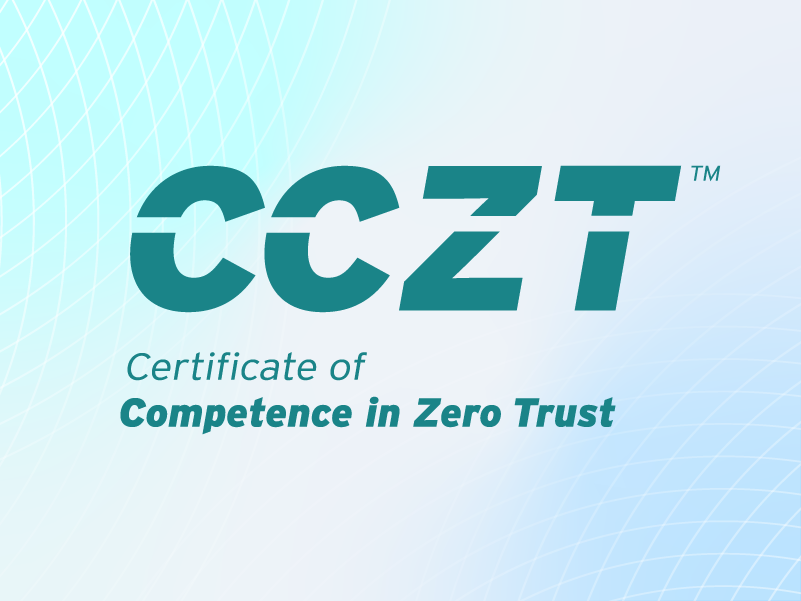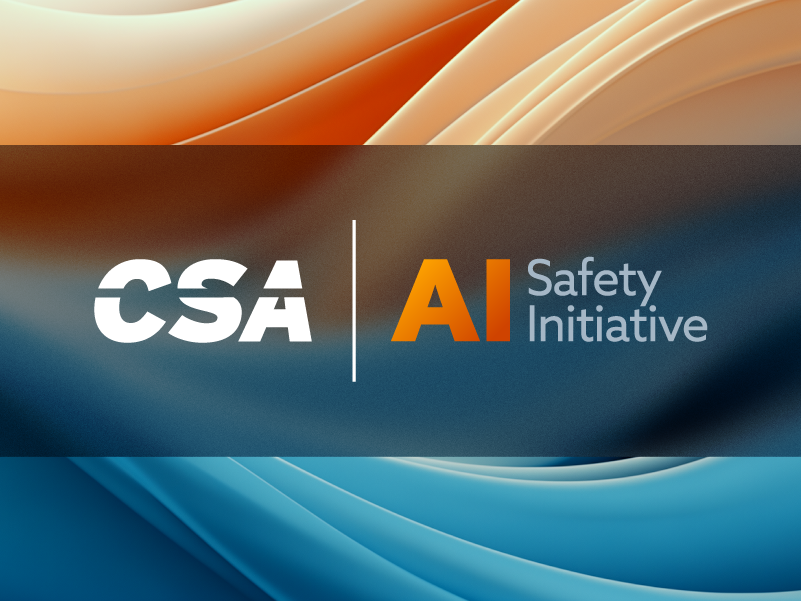Risk Management in the Age of Artificial Intelligence: 9 Questions to Ask Your AI-Powered Vendors
Published 06/11/2024
Originally published by BARR Advisory.
Artificial intelligence (AI) presents organizations across industries with the opportunity to streamline their workflows, better secure their systems, and solve some of the world’s most pressing issues. But while AI has the potential to offer huge benefits to businesses, it doesn’t come without risk.
“AI can be a useful tool, but business leaders who want to harness the power of AI in 2024 must take active steps to adequately assess their risk,” says Kyle Helles, partner and attest practice leader at BARR Advisory.
“To ensure lasting cyber resilience, appropriate due diligence should be done with vendors that provide AI-powered tools or use AI to provide a service to your organization,” she advises.
So where do you start?
To adequately assess your organization’s risk when working with third-party vendors that use artificial intelligence to provide their products or services, Helles recommends taking a close look at how those vendors approach three key areas:
- Cybersecurity and privacy
- Industry regulations and legal requirements
- Company culture and values
We asked Helles to share questions that business and security leaders who are in the throes of risk assessments should discuss with potential vendors. Here’s what she had to say.
1. Cybersecurity and Privacy
According to Helles, the first step in assessing the risks posed by vendors that use AI to provide their products and services is to learn more about their security, privacy, and ethical practices.
Helles recommends asking questions like:
- What is the vendor’s governance structure over the safety—and ethical use—of AI?
- Do they have a security committee or someone charged with keeping their product and your data secure, private, and safe?
- How do they assess their vendors that may also use AI?
Once you’ve uncovered the answers, you’ll have a better idea of how the vendor approaches cybersecurity and whether their security practices align with your organization’s expectations.
2. Industry Regulations and Legal Requirements
Businesses that want to use new and innovative AI tools must also consider the industry standards and legal requirements that they may be subject to. Depending on where the vendor is headquartered and what kinds of products or services they offer, they may be required to maintain compliance with rules like HIPAA, GDPR, and PCI DSS.
Vendors that prioritize security and privacy might also go beyond these requirements to achieve compliance against other frameworks, like ISO 42001, which was specifically designed to assess the safety, privacy, transparency, and data quality of AI systems.
As part of your vendor risk assessment, Helles suggests finding answers to questions such as:
- Is the vendor following any specific security or privacy frameworks, such as NIST, SOC 2, ISO 27001, or ISO 27701?
- Do they have a roadmap for implementing new standards specific to the safety and ethical use of AI?
- Are they involved in any way in helping create such standards?
- Have they ever faced legal issues—domestically or abroad—related to the security or privacy of their products or services?
3. Company Culture and Values
Finally, don’t forget about culture and values. AI is still an emerging technology, and simply checking off compliance boxes isn’t enough to prove that a vendor is using AI safely and transparently.
Here are two questions Helles recommends exploring:
- What actions is the vendor taking to minimize bias within their product or service?
- Does the usage of their product or service align with the values you put into place at your organization?
Uncovering the answers to these questions will help your team make a more informed decision on whether signing on with the vendor is worth the risk—and what steps must be taken to ensure your customers’ and stakeholders’ data stays protected.
Related Resources



Unlock Cloud Security Insights
Subscribe to our newsletter for the latest expert trends and updates
Related Articles:
Core Collapse
Published: 02/26/2026
Agentic AI and the New Reality of Financial Security
Published: 02/26/2026
AI Security: When Authorization Outlives Intent
Published: 02/25/2026
The Visibility Gap in Autonomous AI Agents
Published: 02/24/2026


.png)
.jpeg)


